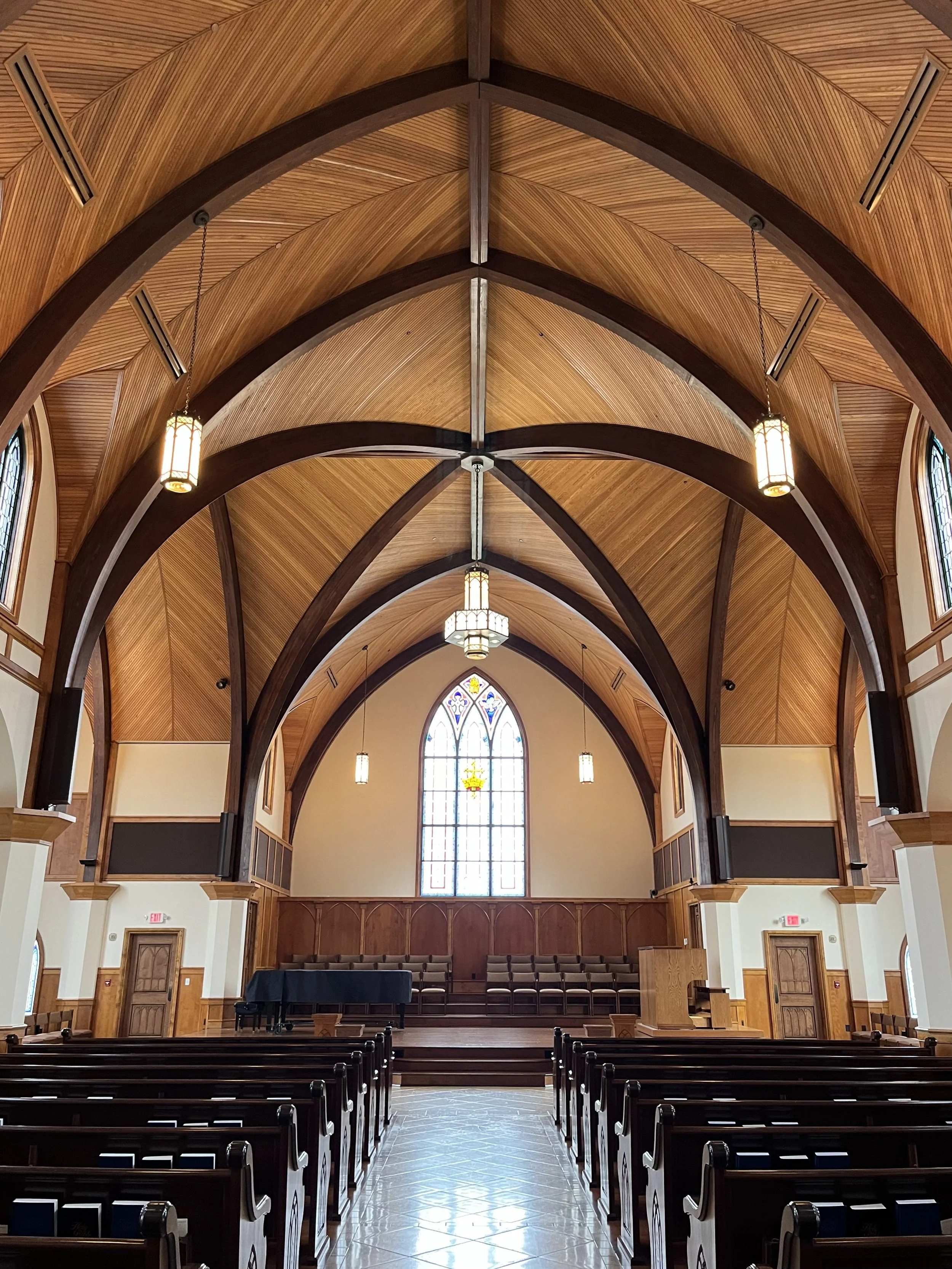Ash Wednesday and its symbolism
Ash Wednesday, also known as the “Day of Ashes”, marks the beginning of the Lenten season. Lee University will hold its Ash Wednesday service on Wednesday, February 14, at 12:15 p.m. in The Stone Chapel. The service is organized by Reverend Dr. Heidi Johnson.
Associate Dean for the School of Music and Professor of Music and Worship, Dr. Randy Sheeks, aids in compiling the music for the service. Sheeks explains Ash Wednesday is a time of many things: reflection, repentance and a time to seek God.
“At the end of the service, worshippers come forward, and ashes are put on their forehead in the shape of the cross. That’s why it’s called Ash Wednesday, to just kick off this idea of ‘I’m going to fast, I’m going to reflect, I’m going to think about Christ’s death and resurrection as we head into this season,’” Sheeks said.
The period between Ash Wednesday and Easter is representative of the 40 days Jesus fasted and was tested in the desert. The ashes used for the service are traditionally created from the palm leaves of last year’s Palm Sunday. The palms are then crushed and burned to produce ashes. Lee University continues this tradition by using ashes made this way. Ash Wednesday is not strictly a Roman Catholic tradition, and it can be observed by any Christians who wish to observe the Lenten season.
Associate Professor of Systematic Theology, Dr. Christopher Stephenson, notes that even in the Old Testament, ashes were used as a symbol of repentance and mourning.
“Observing Ash Wednesday and Lent emerges in the Christian tradition long before any schisms within Christianity and centuries before schisms between Catholics and Protestants,” Stephenson said. Continuing the observance of Ash Wednesday can help remind Christians of their roots.
“Ash Wednesday unites my Pentecostal Church tradition’s historic emphases on repentance, sanctification, and holiness with a pattern of worship that is observed by countless Christians all over the world and that has centuries of precedent within Christianity,” Stephenson said.
Ash Wednesday is many things: a time to prepare for Easter, pray, repent, mourn or fast. The day itself provides the opportunity to focus spiritually.
Karlie Keller, a senior biblical and theological studies major, attests to the physical symbolism of receiving ashes.
“There’s something about letting your body be a sign to your mind and your heart that you’re engaging in worship that is super effectual and nourishes me as a whole person who is spiritual but also embodied,” Keller said.
Worshippers who receive ashes are reminded for the rest of the day of Genesis 3:19, “You are dust and to dust you will return.”


